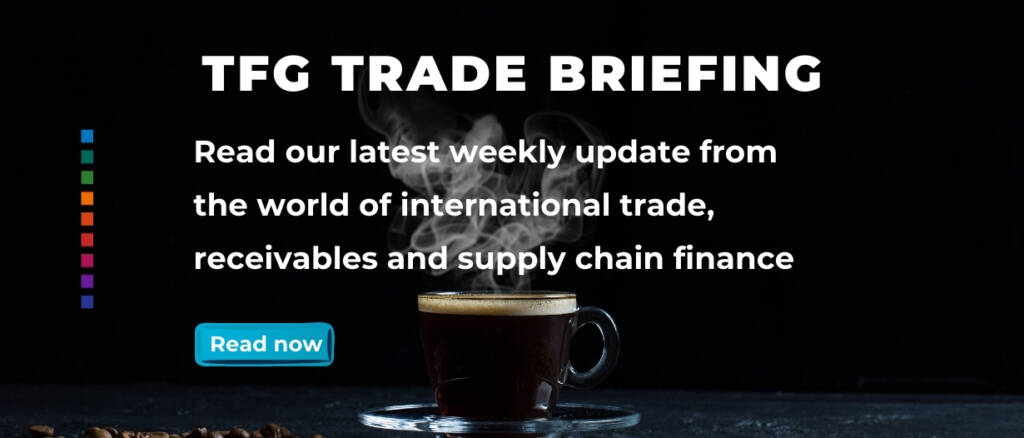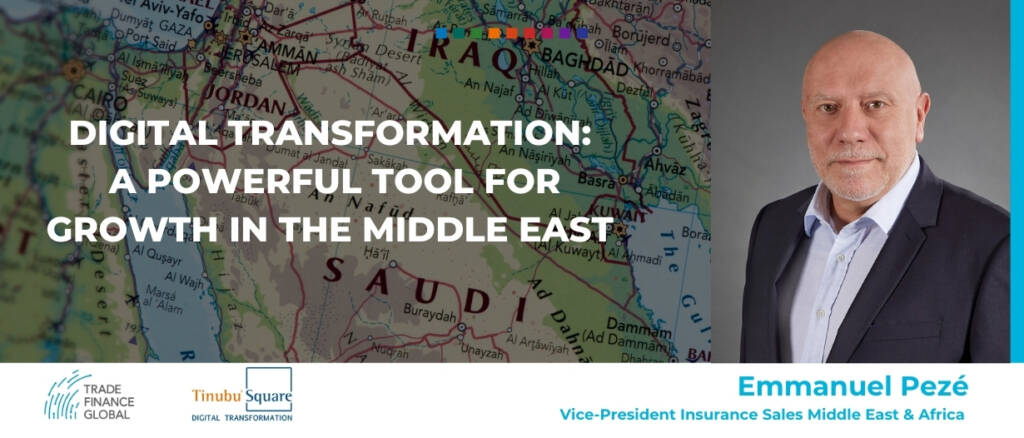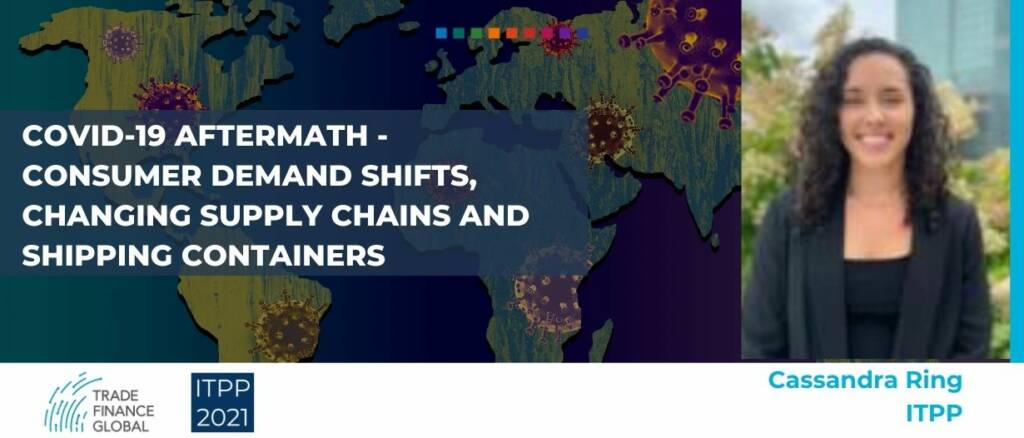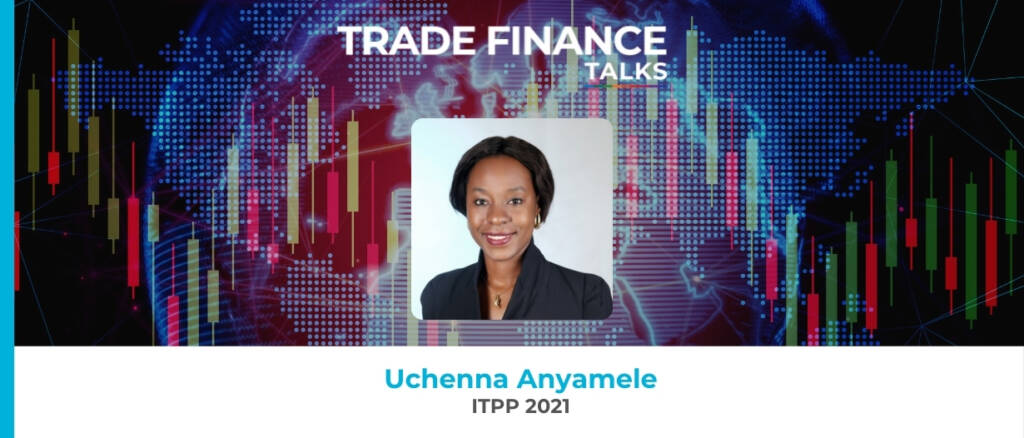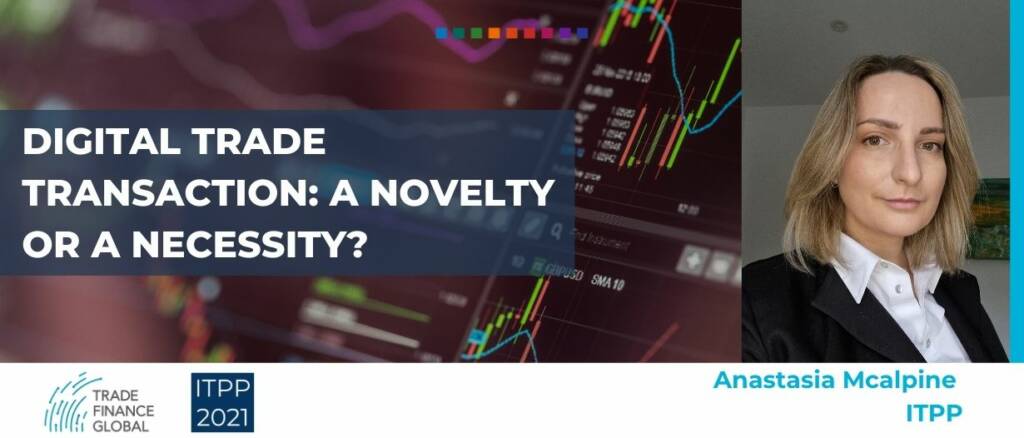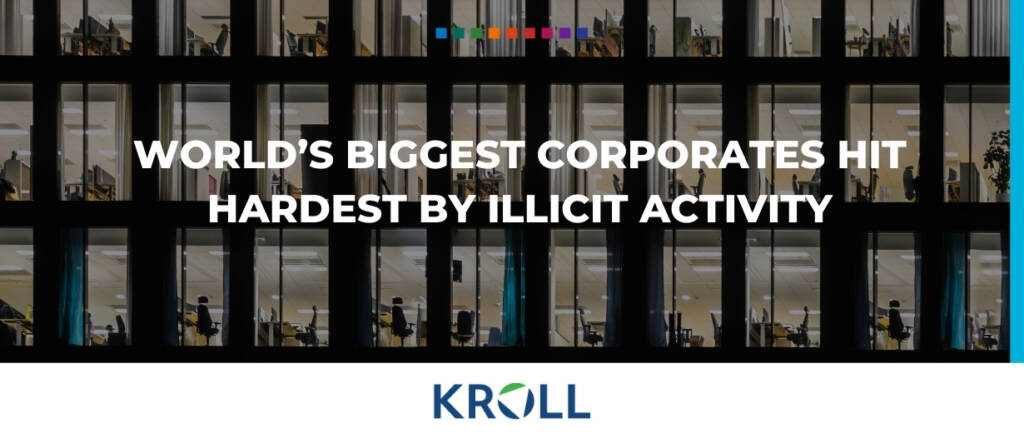Your morning coffee briefing from TFG. Costs of climate change far greater than green transition warns ECB, UKEF commits to an ambitious goal of going carbon neutral by 2050
Trade and economic activity are advancing at a rapid pace across the Middle East. How are governments across the region evolving and harnessing opportunities to enable high-speed economic activity?
Eighteen months into the COVID-19 pandemic and shipping bottlenecks are challenging companies to meet demand. The global outlook is uncertain, however, that does not mean doom and gloom, making way for a new thought process.
Digitalisation has become a global priority, but efforts to digitalise trade have been hindered by legislative gaps.
In the wake of the ICC Uniform Rules for Digital Trade Transactions (URDTT) due to publish next month in October, we explore the meaning of a digital trade transaction – underlying assumptions, regulatory framework and future expectations.
Your morning coffee briefing from TFG. The world’s biggest companies felt the greatest impact of corruption and illicit activity in 2020, 15% of UK SMEs are at risk of insolvency in the coming four years, UNCTAD issues amber warning on building back better after the pandemic, Boris Johnson announces new £31 million green finance deal in the UAE and MonetaGo partners with SWIFT to create first-ever global solution to duplicate financing fraud.
Euler Hermes’ newest research found that 15% of the UK’s SMEs are at risk of insolvency in the next four years. Additionally, the research also highlights the impact and success… read more →
LONDON – 13 September 2021 – Kroll – the world’s premier provider of services and digital products related to governance, risk and transparency- has published its newest report revealing that the world’s biggest… read more →
Your morning coffee briefing from TFG. Korea contributes CHF 290,000 to help developing countries participate in global trade, commodity dependence increased over the last decade, supply chains crisis will leave lasting change on globalisation, food price inflation increases pressure on poorer countries and Brexit trade barriers added £600m in costs to UK importers this year.
SINGAPORE & NEW YORK – September 13, 2021 – MonetaGo, a financial technology solutions provider, today announced a new platform to combat financing fraud in trade finance on a global… read more →















